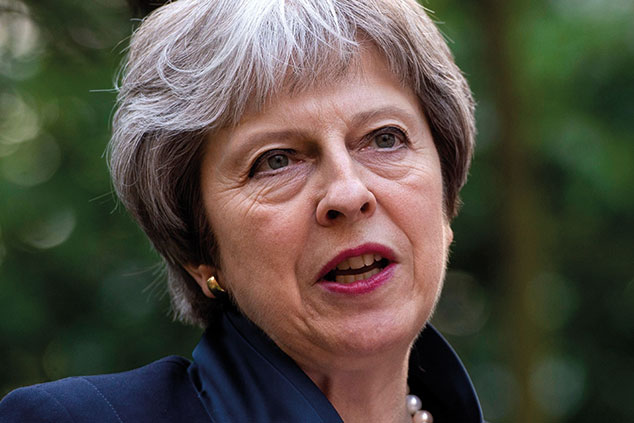
The government wins key Brexit votes, but at what cost? Matthew Partridge reports.
Faced with an “imminent Brexit defeat” on amendments to the EU withdrawal bill, Theresa May decided to make a “tactical retreat”, say George Parker and Laura Hughes in the Financial Times. The cost of support from pro-European Tory rebels to win Tuesday night’s votes was a promise to give MPs a say if a deal is not struck with the EU.
The prime minister agreed to put forward a compromise amendment that would “give ministers until the end of November to reach an agreement with the EU on the final Brexit deal”. Under this plan, if the government failed to reach an agreement, “they would have to seek the approval of MPs on their plan to break the deadlock”.
Can May’s word be trusted?
Despite the “personal assurance” about a new compromise amendment, possibly as early as next week, the government has now indicated that any changes may not go as far as the rebels wanted, says Jessica Elgot in The Guardian. Several Brexit-backing Conservative MPs and ministers have suggested that on this key issue of what happens if a no-deal Brexit looms, “May had not compromised and had only agreed to further talks”. Prominent rebels are now warning that if the government doesn’t follow through, they “could work with the Lords to ensure the changes took place”.
May has put herself in an impossible position, says The Sun. If it turns out that she has “simply bought herself time by stringing Remainers along”, they will “go beserk”. However, simply granting the wishes of the rebels, and allowing parliament greater control of the process if talks with Europe break down, “would wreck our negotiating hand with Brussels at a stroke”. Not only would it make a no-deal exit impossible, but “the EU would [also] know that by December it would be dealing with friendly Commons Remainers keen to keep us in the customs union and single market”.
Rebels aren’t trying to block Brexit
Calm down, says Dominic Grieve, leader of the Tory revolt, in the Evening Standard. Despite the “vitriol” directed towards the rebels, “there is not a single MP who does not agree that getting the [withdrawal] bill on the statute book is essential for us all”. The rebels don’t want to block Brexit, or even take control.
But I am concerned “that the process should be properly structured to ensure that in the event of a ‘no deal’, parliament and the government have a full opportunity to respond in what would undoubtedly be a serious political crisis”. As Brexit is “immensely complicated”, it is clear that this is not something “on which MPs can or should abdicate responsibility”.
May survives to fight another day, says John Rentoul in The Independent. But the spectacle highlights how “short term the Downing Street operation is”. The vote was really about “who controls the Brexit deal that the government hasn’t negotiated yet”. But time marches on, Brexit Day is 29 March 2019 and the government’s negotiating position remains “undecided”. “One of these days there won’t be another day to fight for.”